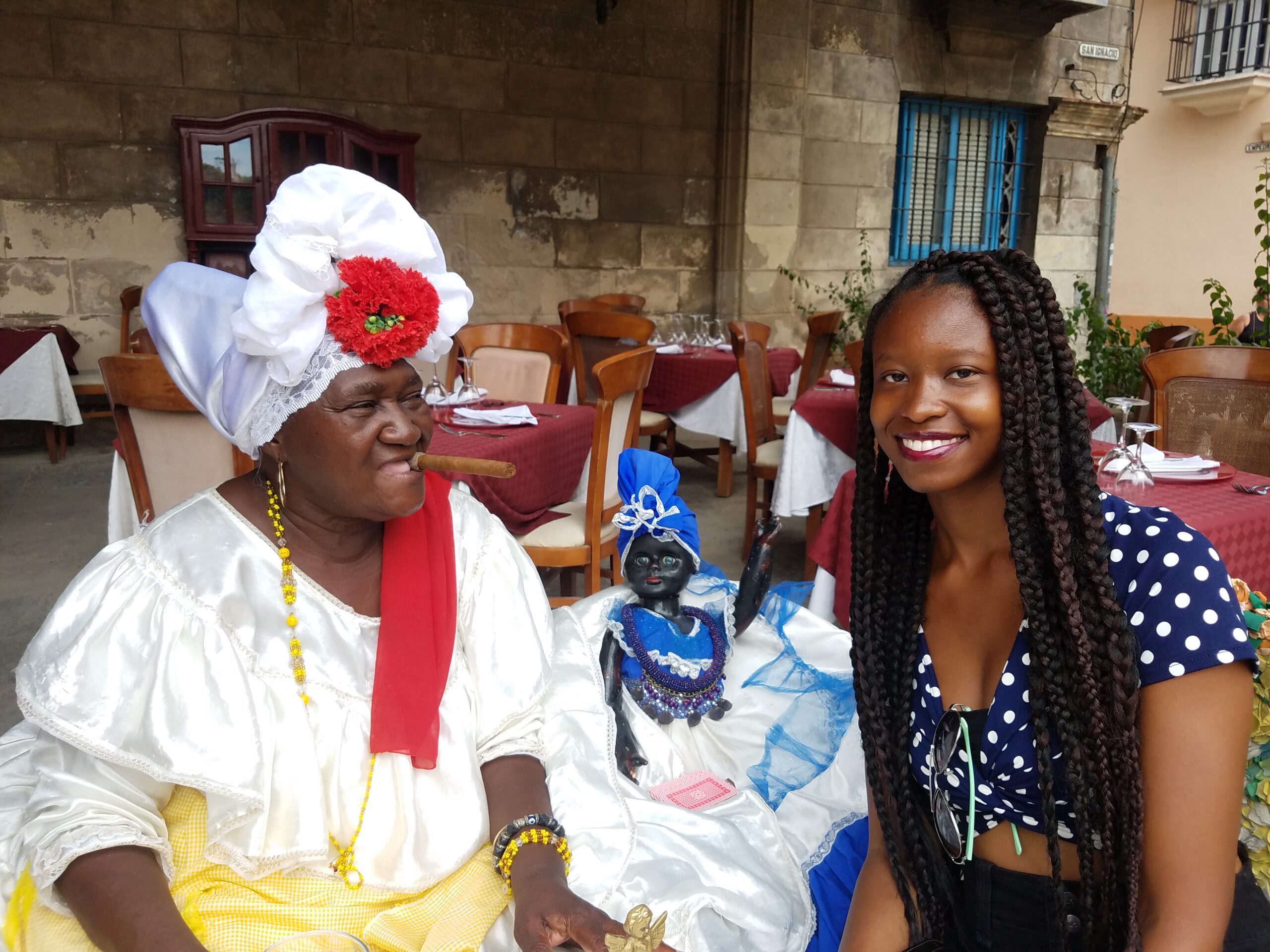
Ninety Miles South of Florida
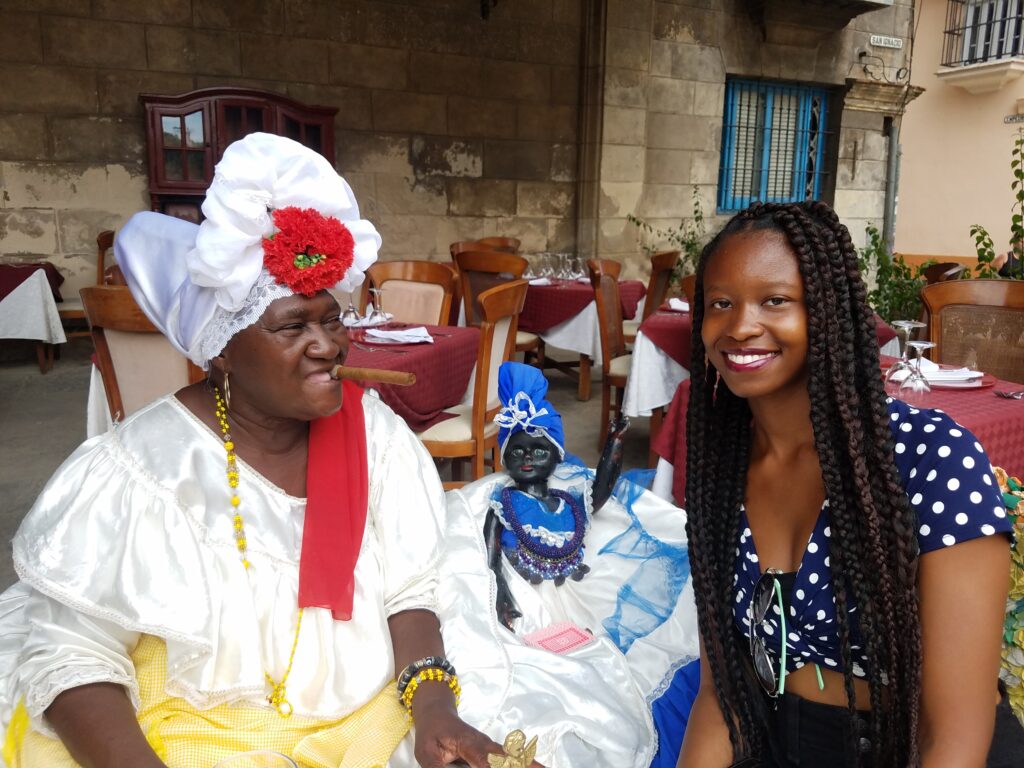
Freedom is a lifestyle that a lot of people will never have to fathom living without. In America, we can debate, complain on YouTube, and even protest about anything we’re politically dissatisfied with and not worry about any serious repercussions. Unfortunately, just ninety miles south of Florida, Cuba is dealing with an opposite reality. Because of the Cuban revolution that led to Fidel Castro’s dictatorship, Cuba has been existing as a socialist republic for the last sixty-two years. The millions of tourists that visit Cuba each year all wonder, how do the people of Cuba maintain such resilience? Through the hardships of living a life void of civil liberties, there was still an air of immense pride and dignity throughout the island that clouded the true injustices they have suffered through. COVID-19 however was the tipping point that broke the nation’s silence. It’s important to understand the experiences of what led to the nationwide anti-government protests that transpired in July because it’s not just about the distressing medical care, it’s the lack of basic human rights and freedom that’s been experienced generation after generation for six decades.

As I chatted with my mom about her experiences living in Cuba, I reminisced with her about my last trip to Cuba two years before the pandemic to visit my family. During that trip, my brother and I authentically immersed ourselves there, no fancy hotels or shiny vintage cars. We stayed in a Casa Particular, which are local’s homes that offer accommodation to tourists. I was charmed by my host’s home whose concrete exterior was painted a bright coral including her outdoor staircase that led to the upper rooms. Her living room had modern furniture, beautiful trinkets, and a corner of elegant built-in shelves that housed her spiritual altars. Most Cubans don’t obtain these luxuries unless they have relatives sending them money from the states or a thriving business. As charming as Havana may appear particularly in tourist spots, these vintage buildings are dangerous because there is a minimal effort of restoration resulting in many building collapses that cause Cubans to live in fear of which home will collapse next. I asked my mother about her thoughts on the matter, to which she disappointedly revealed, “Those buildings could now be museums if Castro did not let them get so bad. He would always say there were no cement and construction materials available, but they had it to build their own houses…They didn’t care about Cubans as long as they were living okay. They would repair and paint a little bit when someone important like a president was visiting.”

My mom’s comment about Cuba’s government not caring about its people reminded me of how separated the government wanted the tourists and locals to be. I’ll never forget the hesitation my cousin Dania had before we entered Cuba’s national hotel to simply take pictures of their garden. She walked in slowly staring around as she explained to me that Cubans weren’t welcome in tourist hotels. There was no rubble from crumbled buildings on the ground but instead manicured landscape and expensive meals that were not available for local Cubans. One wouldn’t dare complain about such inequalities unless one didn’t mind the inevitable of being thrown in jail and not knowing if one would ever come back out. That’s precisely what happened to my grandfather the exact day Fidel Castro took power in 1959, for fighting in favor of President Fulgencio Batista as a soldier. My mother recalled her mother, Mercedes, warning her to not speak of any political issues for the sake of not being sucked into problems. She playfully re-enacted her mother’s words in Spanish, “Niña te van a escuchar y nos van a meter en problemas.” I could only imagine the angst and worry Cubans had against their own government. However, these days many Cubans are no longer intimidated by police or communist neighborhood spies based on the uproar of anti-government protests that took place this July.

I asked my mom the question of how they had stayed resilient despite the neglect they received from their government to which she explained that Cubans are naturally optimistic people, “Even if everything is falling apart, as long Cubans stick together and enjoy each other company we would feel better. In the seventies and eighties, we loved listening to American music; Diana Ross, Tina Turner, and Madonna… Michael Jackson and Barry White were the most popular. We didn’t know what they were saying but we danced to it.” After hearing my mom recall the presence of American music in Cuba, I couldn’t help but remember a Sade album that one of my grandma’s neighbors had shown me at a birthday party, to which we then bonded over how much we love her melodious tunes. The festive culture of Cuba was definitely still alive; my brother and I even got thrown a party on our last day there, to which we partook in shots of rum and hours of salsa dancing, all in my grandma’s small living room. Coming together through various cultural aspects such as music, art, cuisine, and religion bonds and strengthens any group of people.

Apart from being a naturally optimistic community, they hustled in their neighborhoods and handled everything that needed to be done themselves. She recalled, “My mom came up with the idea of selling roasted peanuts, fresh cheese, and hair accessories, to my father but every time he went outside to sell, there were nasty cops that would chase him down and harass him because they knew he was a prisoner of war that fought against Castro during the revolution, so they made it hard for him to survive.” My grandfather Rogelio, endured such abuse until he had no choice but to come to America legally as a previous prisoner of war that had suffered abuse in an underground prison for almost ten years. However, my mother stressed that it wasn’t fair for someone to be tyrannized out of their home country at the age of fifty. He arrived in the states in the eighties and my mother followed suit in the early nineties. Not that my mother wanted to, but Cuba’s economic crisis which was endured from 1991-2000 left her with no choice. There was no soap or other basic needs. Cubans were taking animals from their national zoo to take home and cook out of desperation. It was then that she knew it was time to leave. Her brother Sergio came six years later to which she described him to be slimmer than a noodle.

When thinking of my trip a couple of years back it was clear to me that time had remained frozen not just aesthetically but economically. My older cousin Ariel mimicked my grandfather’s unconventional ways, in his case, collecting lottery money in the neighborhood. Such a method pays significantly more than what the government offers, and more than his art career that they made impossible for him to establish with unattainable permits and high taxes. Because of limited ways to be financially secure, the people of Cuba have since adopted a lifestyle of conserving and reusing one’s material items. This, in turn, becomes profitable for alot of people by offering services to repair, shoes, cars, and much more allowing items to last for decades. My mother recalled men going door to door yelling “El reparador!” to repair anything in one’s home from umbrellas to scissors, which is still done today. Even getting around the city during my visit consisted of public transportation of shared taxis, old reused school buses, and vans. I remember how impressed my brother was watching my cousin Ariel’s friend repair watches, and electronic gadgets with ease to resell. The crafty and resourceful nature of Cubans inspired me to never be wasteful again.

Yet still, despite not having much, strength and optimism prevailed; neighbors who knew my mother were so excited to see my brother and me, and the sheer joy and authentic hugs we shared warmed my heart. We were gifted with clothes, food, cigars, and more despite how little they had. Unfortunately, these trying times in Cuba have shattered those peaceful memories of just three years ago. If anything, these events exposed alot of what’s wrong that needs to be improved. One can only hope that Cubans triumph in their pursuit to tear down the regime that tore down the prosperous future they could’ve had.
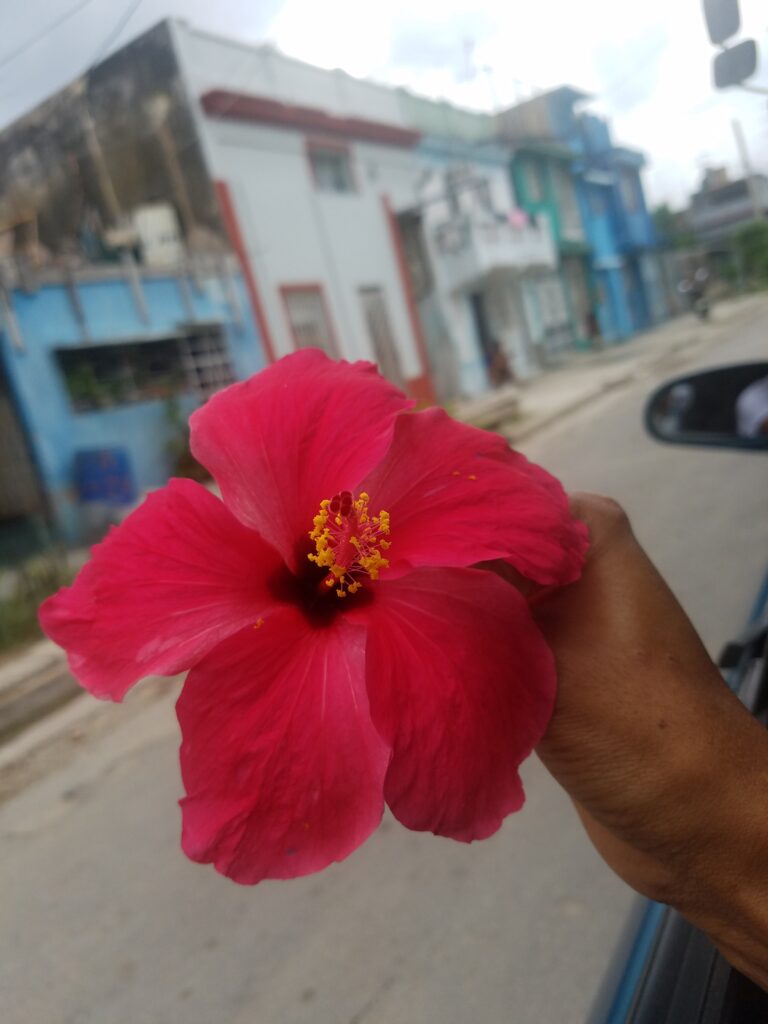



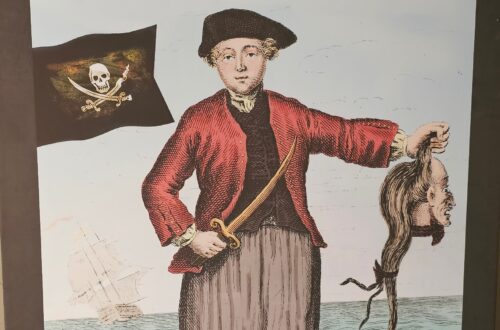
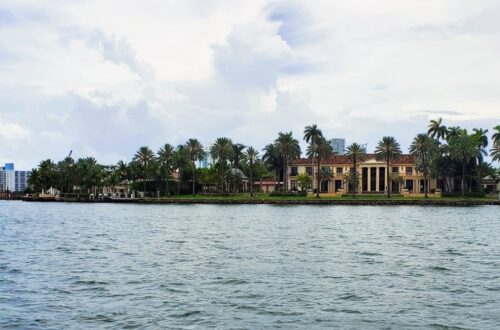
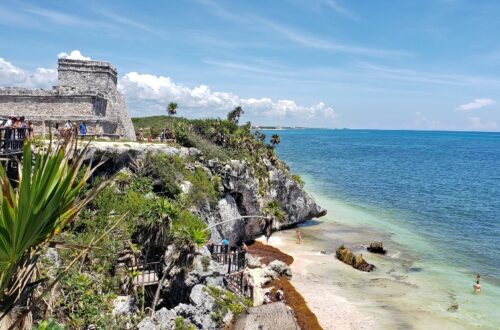
One Comment
barbara victoria barrientos
GOOD MORNING:
I READ YOUR ARTICLE, AND I AM VERY IMPRESSED. YOU DID A WONDERFUL JOB. YES YOU ARE RIGHT, AT THIS MOMENT CUBA PEOPLE ARE GOING THROUGH TOUGH TIMES
THE CUBAN PEOPLE IN THE ISLAND HAVE NO FOOD. IS TOUGH FOR THEM TO GET THE BASICS LIKE SOAP, TOOTHPASTE, AND MEDICINE
I DO APPRECIATE WHAT YOU ARE DOING
BY THE WAY I READ ALL YOUR ARTICLES AND THEY ALL ARE WONDERFUL.